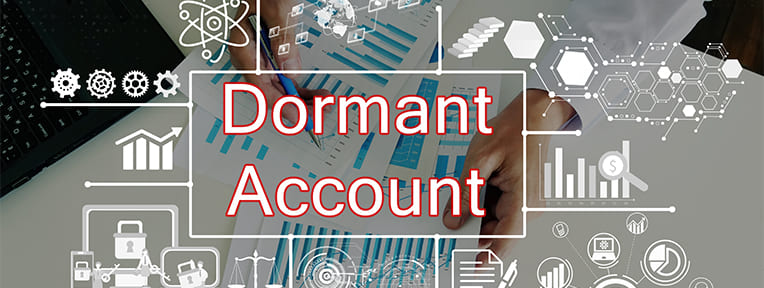The world is rapidly becoming more digital, and financial tools are no exception. While traditional credit cards have long been the standard for payments and credit access, a new contender is emerging: the virtual credit card.
With better security, convenience, and flexibility, virtual credit cards are on the way to becoming a strong alternative to traditional credit cards.
But are they truly the future of credit cards? Let’s decode virtual credit cards to understand their full potential for the future.
Understanding How Virtual Credit Cards Work
First, let’s understand how these cards work.
- A virtual credit card, or an online virtual credit card, functions the same as its physical counterpart. However, it exists in the digital realm.
- Instead of a physical card with a number, expiry date, and CVV, a virtual credit card stores these details digitally. One can access these details through an app or online banking portal.
- You can use these details for online transactions, mobile payments, and even add them to digital wallets.
- One USP of a virtual credit card is their single-use feature. One can create settings for a single use or limited transactions as per their needs.
Benefits of Virtual Credit Cards
Virtual credit cards offer many benefits that make them a strong contender for traditional credit cards:
1. Digital-first
Designed for the digital age, a virtual credit card integrates with online shopping platforms, subscription services, and online payment gateways. This can make transactions smoother and faster.
2. Flexibility and Control
Virtual cards provide flexibility in managing your finances. You can generate and discard card numbers, set spending limits, and control where and how your card is used.
3. 24/7 Availability
Virtual credit cards are accessible anytime, anywhere, through your digital banking platform. This provides constant access and convenience for online shopping or subscriptions.
4. Enhanced Security
With an online virtual credit card, you can avoid revealing your card details to merchants. This reduces the risk of your information being compromised in case of a data breach.
5. Better User Experience
Virtual credit cards often come with features such as easy tracking, instant alerts, and linking with digital wallets. These features enhance the overall user experience and provide more control over your spending.
Comparing Physical and Virtual Credit Cards
Both physical and virtual credit cards offer unique benefits. Let’s compare both on different parameters to understand the future of credit cards in a better way:
| Parameter | Virtual Credit Cards | Physical Credit Cards |
| Security | Provide enhanced security with unique numbers for each transaction. | Offer robust security features and merchants accept these for in-person transactions. |
| Convenience | Generated and easily managed through digital platforms. | Convenient for both online and in-person transactions; does not require a digital device to operate. |
| Usage | Ideal for online transactions and subscriptions. | Perfect for both online and in-person transactions, accepted by a wide range of merchants. |
| Environmental Impact | Eco-friendly as they do not require physical materials. | Can be re-used for a huge number of transactions. |
| Availability | Accessible 24/7 via digital platforms. | Available for use once issued and not dependent on internet access. |
Also Read: The History and Evolution of Credit Cards
Conclusion
Virtual credit cards offer a plethora of benefits. However, physical credit cards remain relevant. The ideal scenario for the future of credit cards might involve a hybrid approach. So, you could use your physical credit card for everyday purchases and generate a virtual credit card for specific online transactions.
With IndusInd Bank’s range of Credit Cards, you can enjoy the convenience, security, and flexibility of digital transactions even with your physical card. Also, make the most of our physical card with our exclusive rewards programs, complimentary lifestyle and travel benefits, flexible repayment options, and more.
What’s more? We offer Credit Card options with no annual or joining fees! So, apply now for a lifetime-free Credit Card with IndusInd Bank now!
Disclaimer:
The information provided in this article is generic and for informational purposes only. It is not a substitute for specific advice in your circumstances. Hence, you are advised to consult your financial advisor before making any financial decision. IndusInd Bank Limited (IBL) does not influence the views of the author in any way. IBL and the author shall not be responsible for any direct/indirect loss or liability incurred by the reader for making any financial decisions based on the contents and information.



 Offers
Offers Rates
Rates Debit Card Related
Debit Card Related Credit Card Related
Credit Card Related Manage Mandate(s)
Manage Mandate(s) Get Mini Statement
Get Mini Statement
 categories
categories Bloggers
Bloggers Blog collection
Blog collection Press Release
Press Release




